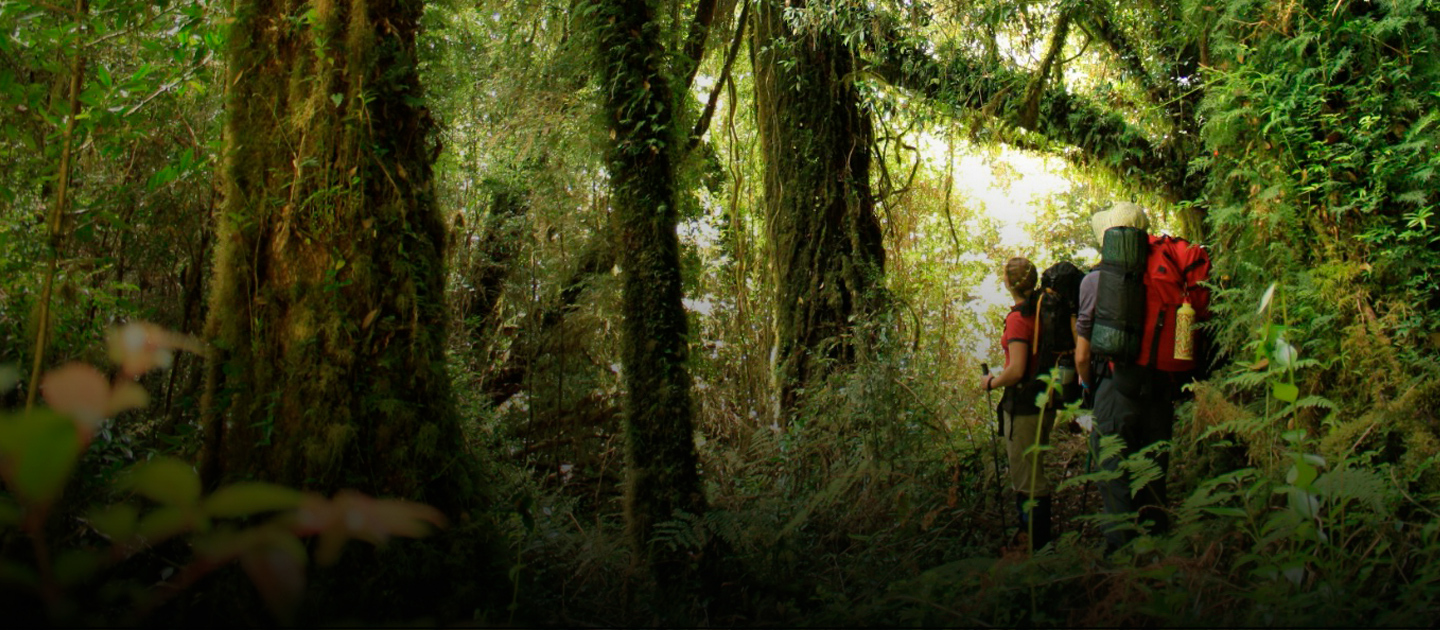
UC Chile and Tantauco Foundation Partner to Advance Research and Training in Conservation
26 September 2024
The memorandum of understanding between UC Chile’s Network of Research Centers and Field Stations (RCER) and the Tantauco Park Foundation will promote research and academic training in conservation, ecology, biodiversity, and sustainable development. “We want this to be a place where academia, science, conservation, and community development meet,” said Magdalena Piñera Morel, Executive Director of the Tantauco Foundation.
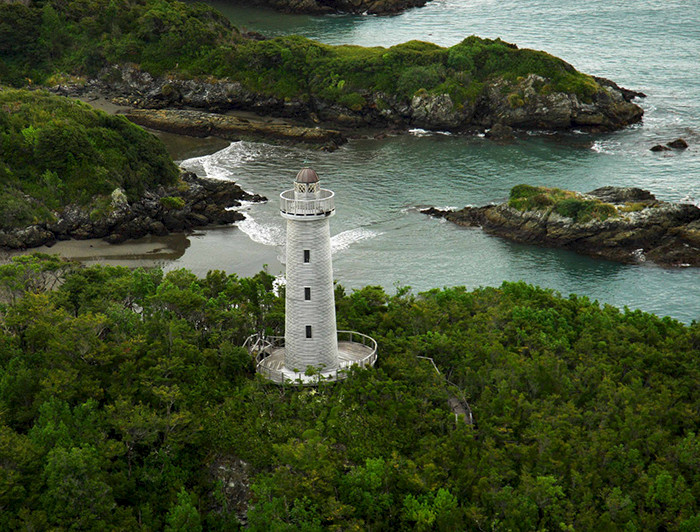
photo_camera Tantauco Park, established in 2005, protects over 100,000 hectares of conservation land. (Photo: Tantauco Park Foundation)
On August 5, UC Chile and the Tantauco Park Foundation signed a landmark agreement at UC Chile’s Casa Central in Santiago. This partnership will enhance research in critical areas like conservation, ecology, biodiversity, sustainable development, and environmental policy, incorporating the park into UC Chile’s Network of Research Centers and Field Stations (RCER).
“This agreement is crucial as it strengthens our presence in the Los Lagos region by promoting interdisciplinary studies of natural resources. It involves many UC Chile faculties and includes collaboration with professors and students from international institutions,” said Ignacio Sánchez, President of UC Chile, during the signing ceremony.
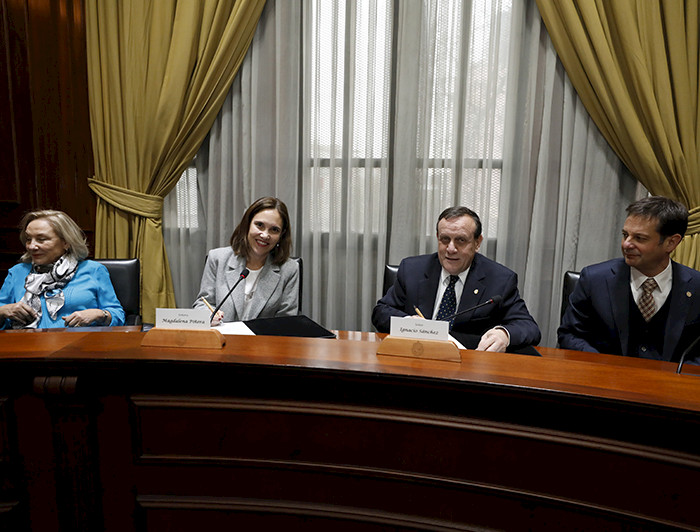
Tantauco, which means "the place where the waters meet" in the Huilliche language, represents the convergence of academia, science, conservation, and community development. Magdalena Piñera Morel, Executive Director of the Tantauco Foundation, emphasized the potential of this partnership to enhance both research and the cultural and natural heritage of Chiloé.
President Ignacio Sánchez stressed that this agreement will allow faculty from multiple UC Chile departments to carry out research in areas such as forests, biodiversity, vegetation, tidal movements, and ocean studies.
“The interdisciplinary and collaborative nature of this initiative is one of its greatest strengths. Our regional research stations open doors to the world, supporting both fundamental and applied research,” he said.
RCER UC Chile: A Backbone for Natural Research
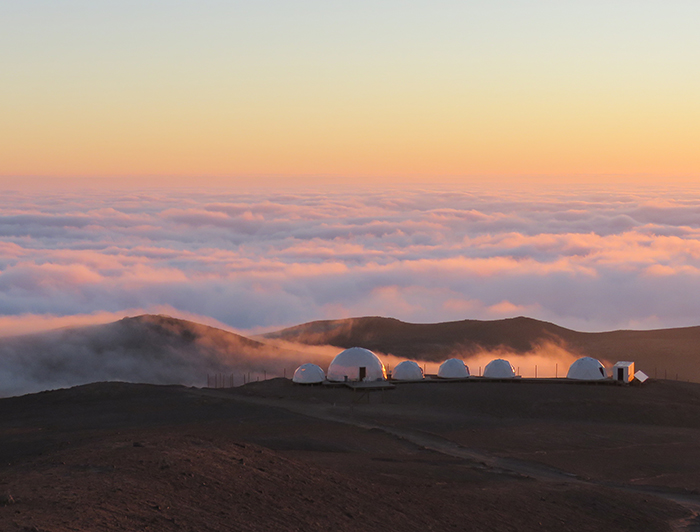
UC Chile’s Network of Research Centers and Field Stations (RCER) forms the backbone of the university's natural laboratories, extending from Alto Hospicio in the north to the Magallanes Region in the south. These facilities enable research, training, ecosystem monitoring, and community outreach.
The memorandum of understanding between UC Chile and the Tantauco Park Foundation is set to last for five years, with the possibility of renewal for successive five-year periods.
The agreement covers the interests and expertise of both institutions, aiming to expand and improve activities in areas such as coastal and marine environmental monitoring, forest ecology, geomorphology, biogeography, predictive modeling, biological-social-cultural interactions, medical botany, One Health, and community health.
Synergies to Address Global Ecosystem Challenges
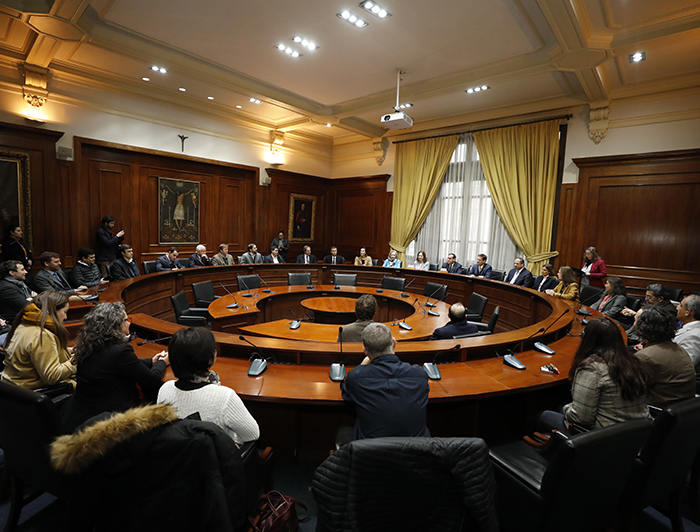
“We are thrilled about this agreement,” said Pedro Bouchon, Vice President for Research, who oversees UC Chile’s RCER. “We believe that fostering these kinds of synergies is essential for making meaningful contributions to the protection of our ecosystems and, more broadly, to the health of our planet.”
“Through this ‘network of networks,’ we will carry out research with global reach, spanning from the Arctic to Antarctica, aimed at understanding global change phenomena. This effort includes integrated monitoring across latitudes and cross-cultural studies throughout the Americas. Such research is both unique and distinctive worldwide, greatly strengthening our international partnerships. Tantauco will play a key role in this endeavor,” added Vice President Bouchon.
A key focus of this collaboration will be strengthening ties with the local community, enriching both the development and impact of the research. Vice President Bouchon emphasized, “It’s essential to recognize and incorporate local knowledge. This approach, known as transdisciplinarity, involves co-creating with stakeholders outside the academic world, including civil society and indigenous communities.”
Tantauco Park: A Conservation Hub
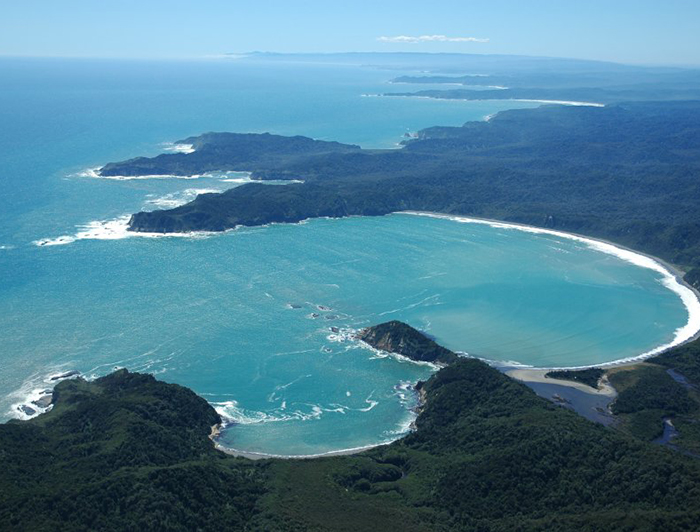
Founded in 2005, Tantauco Park is a conservation initiative that spans over 100,000 hectares. It safeguards vast areas of native forest, peatlands, lakes, and wetlands—some of the most pristine ecosystems in the Chiloé Archipelago, which are under growing threat from human activity. Since its creation, the park has hosted numerous scientific, environmental, and educational projects, and developed infrastructure such as trails and viewpoints, welcoming regional, national, and international visitors.
In 2022, the Tantauco Park Foundation was established with the mission to "protect and conserve the evergreen forest, the flora and fauna within this territory, and to enhance local culture while integrating communities for their enjoyment, all aimed at improving the quality of life for current and future generations.”
The foundation has launched initiatives like “Journey to Tantauco Park,” “Teaching Workshop in Tantauco Park,” “I Discover My Quellón,” and “Citizen Workshop in Tantauco Park,” in collaboration with the Futuro Foundation.




